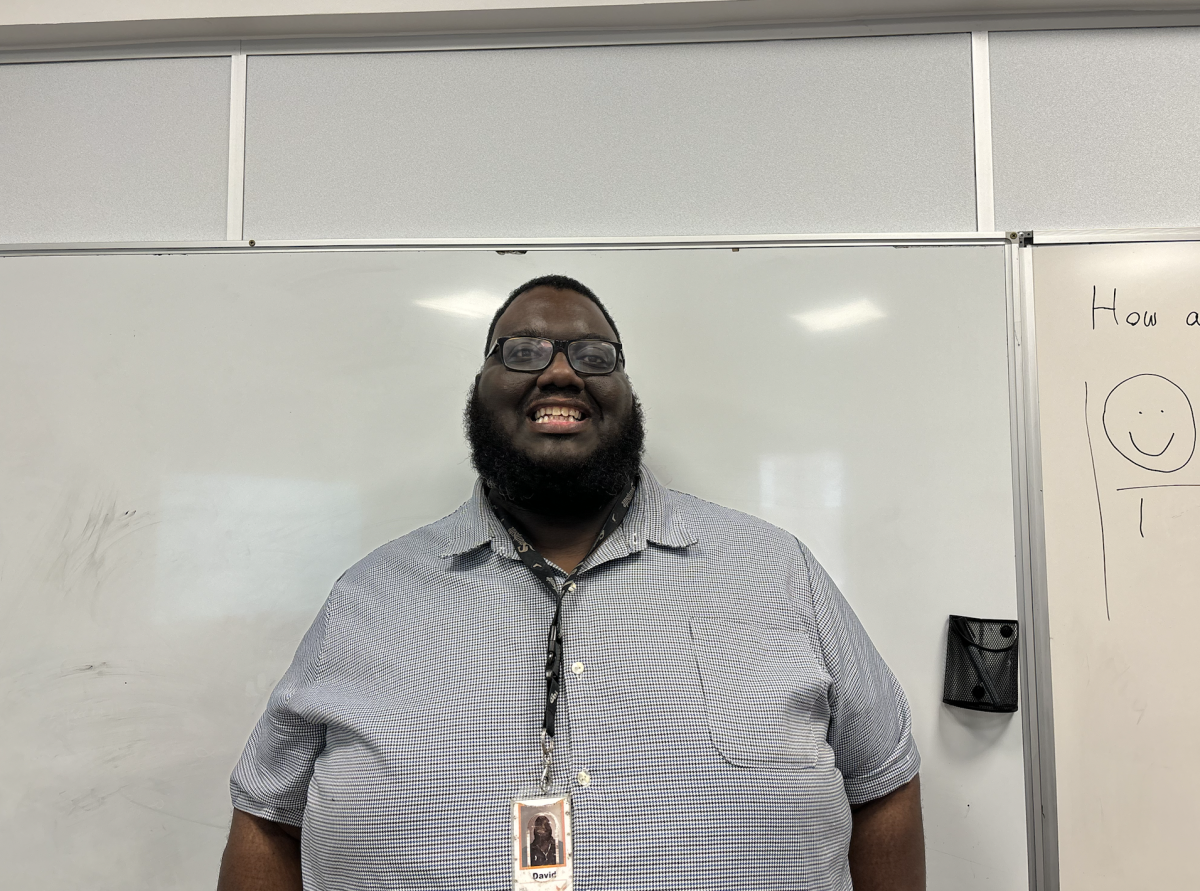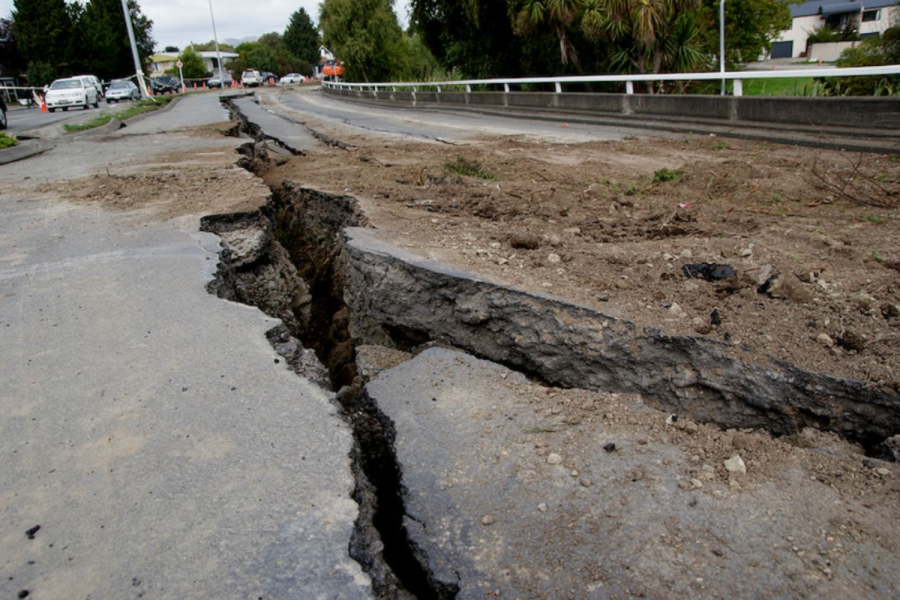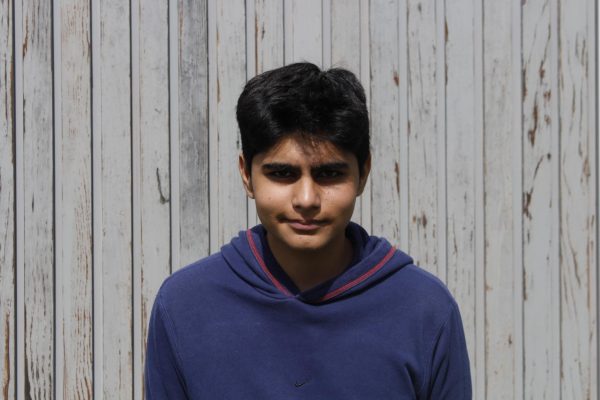At least 11,000 individuals have been killed and more than 5,300 wounded following a 7.8 magnitude, which is classified as a major earthquake on the Richter scale, in Turkey and Syria, according to the BBC. President Erdogan of Turkey said it was the worst disaster Turkey has faced for nearly a century, according to the Financial Times.
Sam Smadi (’23), who has visited Syria, said he was “shocked” after hearing about the news since he did not expect Syria to experience such strong earthquakes.
“I’m worried about all the people living in Syria and Turkey right now,” Smadi said. “This earthquake is devastating, and I hope that they are safe, even though only a small part of both countries were affected.”
Arabic Teacher Udai AbuLteaf, who grew up in a part of Syria impacted by the earthquake, said although the situation in Syria was already destitute, the earthquake has setback civilians further.
“The basic infrastructure of health, security, food and water are already collapsing and have collapsed due to the ten years of conflict,” AbuLteaf said. “Now, on top of that, you have this humanitarian crisis that happened, and will make people’s lives so much harder.”
Lia Altunis (’25) who is from Syria and Turkey, said while she is saddened by the impacts of the earthquake, she is grateful that nobody she knew was affected.
“Luckily, even though I know people who live in the area in the vicinity of the earthquake, nobody I know was affected,” Altunis said.
Furthermore, Bassel Ojjeh (’25) said the earthquake adds to the hardship Syrians face.
“Syria has suffered greatly over the past decade,” Ojjeh said. “There has been a lot of violence, and many Syrians have already lost everything. This earthquake has come at a horrible time for Syrians as they have already gone through so much deprivation.”
According to CNN, various organizations are requesting donations to provide immediate cash assistance to help relief efforts in both Syria and Turkey. In addition, several Northern Atlantic Treaty Organization members are planning to send support to help victims of the earthquake, according to AP News.
Ojjeh said he plans to aid the effort to repair the damage that the earthquake has caused by raising money to support the victims.
“I was initially saddened by what had happened,” Ojjeh said. “But, immediately, I wanted to see how I could help. I plan to run a bake sale at ASL to raise awareness and funds about the earthquake, and eventually donate the proceeds to charities in Syria who can help victims.”
Moreover, Altunis said raising awareness will restore faith in affected civilians.
“People around the world must raise awareness about the earthquake,” Altunis said. “A lot of times, people ignore events unrelated to them, and that is why the affected people lose hope when recovering from disasters.”
AbuLteaf said in order to help the relief effort, donations to charities and raising awareness about the topic are crucial.
“Now, people really need donations,” AbuLteaf said. “If people can donate to any organization that can provide [for the relief effort] even if it is a small amount of money, that would mean something. If you cannot do that, just talk about it, and spread the information.”
AbuLteaf said the school should work to combat differences in the international community and work together to face problems.
“We need to come together as a school, but also as an international community, to make sure we can hear each other,” AbuLteaf said. “We really need to work together to cross any divides in our international community. How can we make sure that we are a community where whatever happens, we are ready to meet it and face it collectively, as one community?”
Sophia Bateman contributed to reporting.







